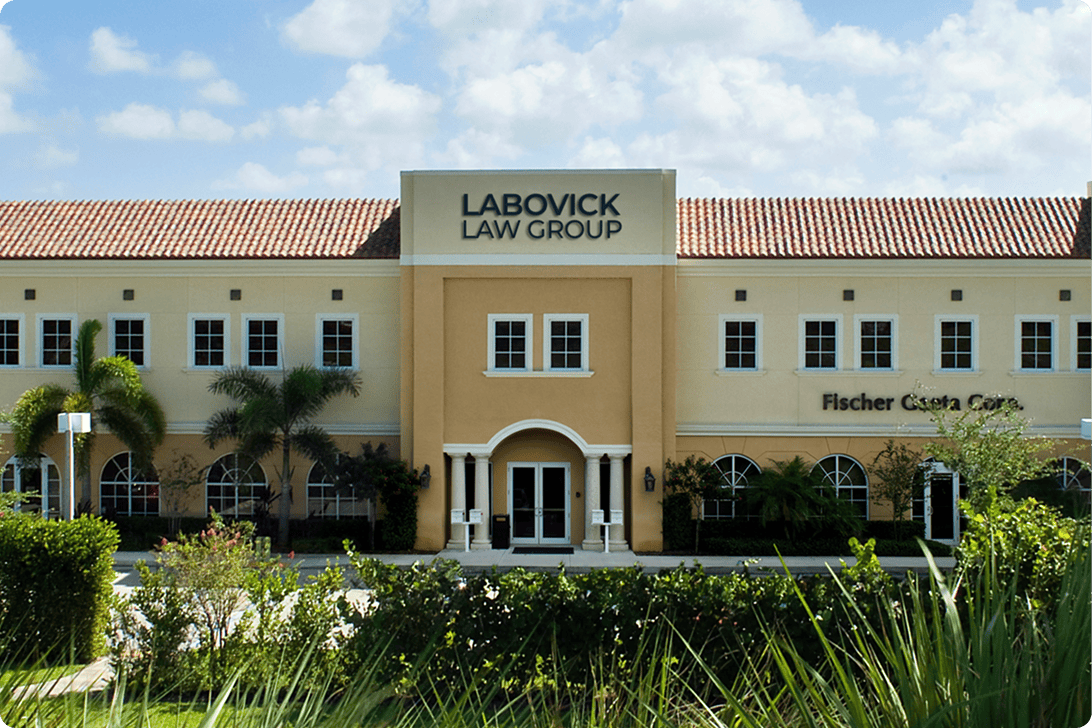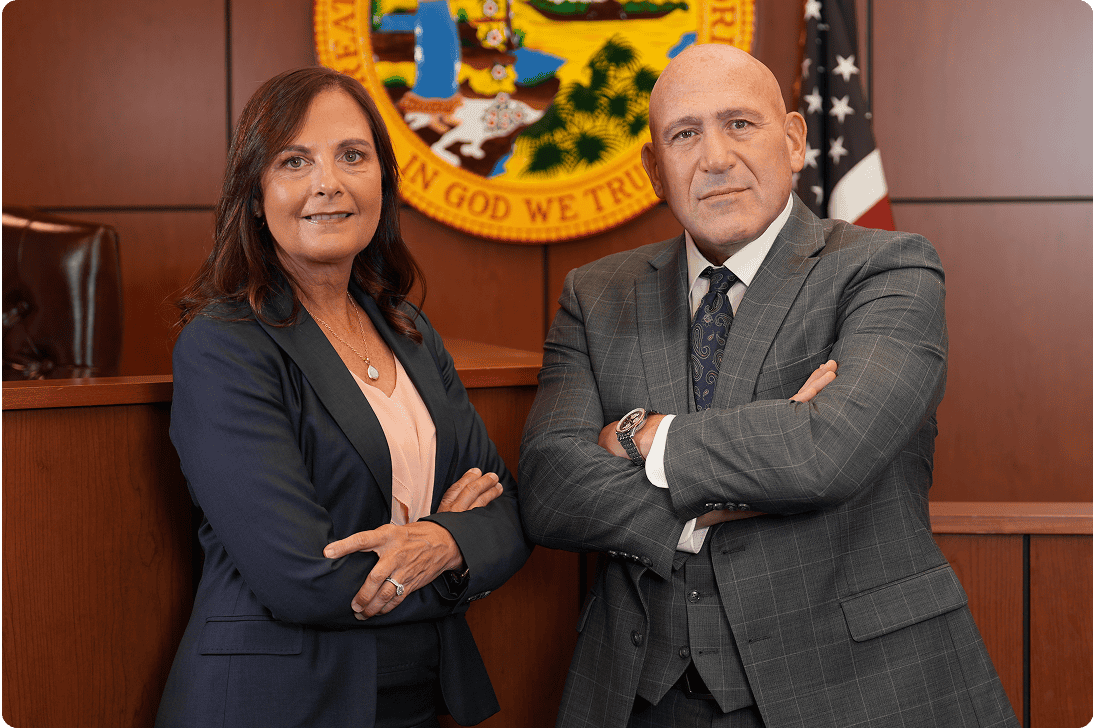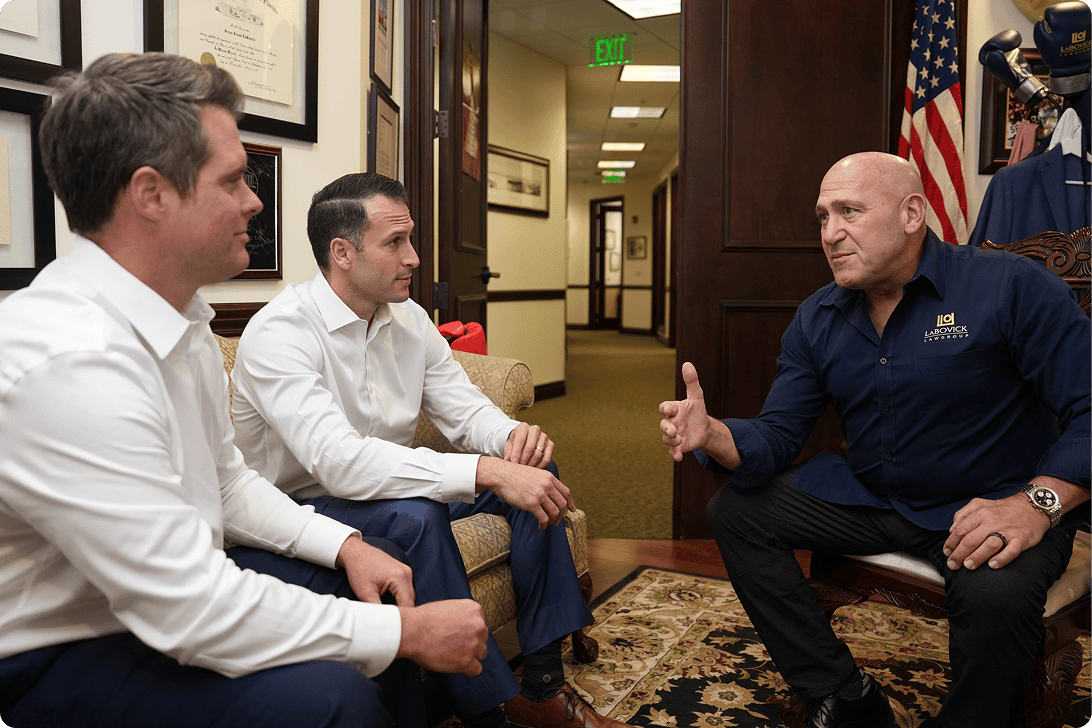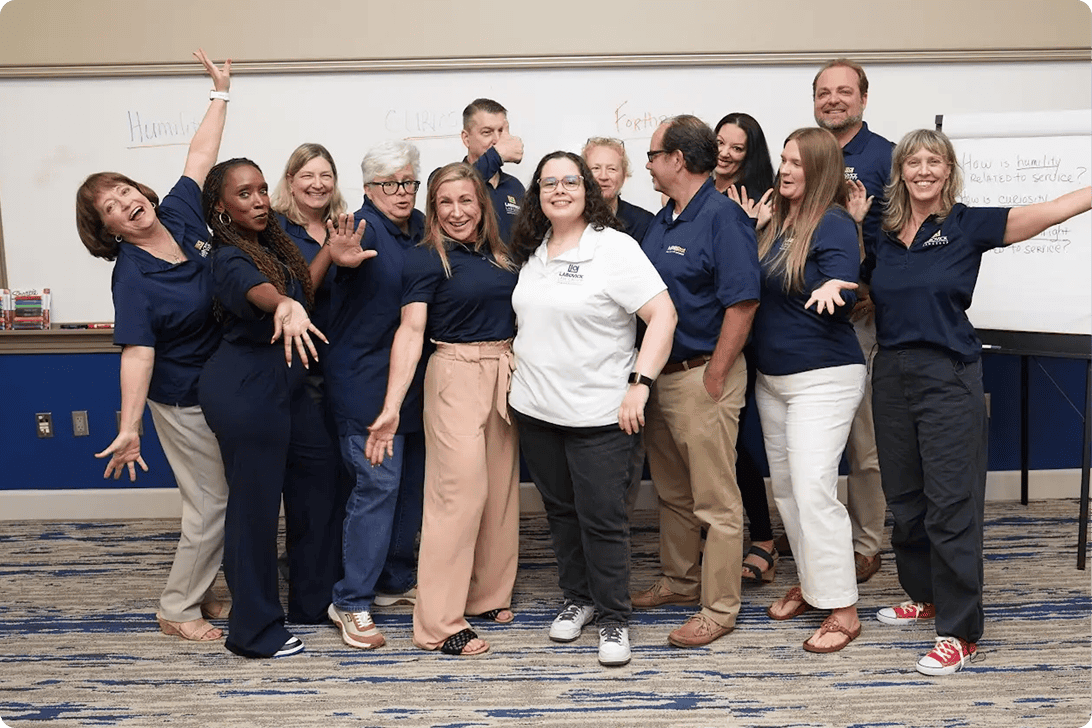Overview of wrongful death and its laws in Miami
Wrongful death refers to a death caused by the negligence, recklessness, or intentional harm of another person or entity. In a wrongful death lawsuit, the family members or beneficiaries of the deceased person can seek compensation for their loss.
This type of lawsuit is designed to hold the responsible party accountable for their actions and to provide financial support to the surviving family members.
Florida Statutes section 768.19 establishes the legal framework for wrongful death claims in the state of Florida. This law outlines who is eligible to file a wrongful death claim, the time limit for filing a claim, and the types of compensation that may be available to surviving family members.
Who is eligible for a wrongful death claim?
Under Florida law, a wrongful death claim may be brought by the following eligible individuals:
- Surviving spouse.
- Children of the deceased person.
- Parents of the deceased person.
- The personal representative of the deceased person’s estate, if none of the above individuals exist.
If the deceased person was unmarried and did not have any children or surviving parents, then their estate may be the only party eligible to bring a wrongful death claim.
Understanding the compensation available in a wrongful death case
A wrongful death lawsuit is a way for the surviving family members of a deceased person to hold the responsible party accountable for their actions and to seek compensation for their losses.
There are two main types of compensation available in a wrongful death case:
- Economic damages are intended to compensate the family members for their financial losses and can include:
- Medical expenses incurred as a result of the deceased person’s injury or illness
- Funeral expenses.
- Loss of income or support that the deceased person would have provided if they had lived
- Non-economic damages are intended to compensate for the intangible losses suffered by the surviving family members, such as:
- Loss of companionship and love
- Loss of protection and guidance
- Mental anguish and emotional distress
In some cases, if the responsible party acted with intentional or malicious intent, the family members may also be entitled to seek punitive damages. Punitive damages are designed to punish the responsible party for their actions and to deter similar behavior in the future.
What is the statute limitation for a wrongful death claim?
The statute of limitations for a wrongful death claim in Miami, Florida is two years from the date of the person’s death. This means that the surviving family members generally have two years from the date of the death to file a wrongful death lawsuit in court.
The statute of limitations can be a complex issue and certain exceptions and circumstances can impact the deadline for filing a wrongful death claim. For example, the statute of limitations may be extended in cases where the responsible party was not immediately identifiable or the family members were not immediately aware of the cause of death.
The role of insurance in wrongful death cases
Insurance can play a significant role in wrongful death cases. Many individuals and businesses have liability insurance that is intended to provide compensation for losses caused by their actions or negligence. In the event of a wrongful death, the responsible party’s insurance policy may provide coverage for the damages suffered by the surviving family members.
It is important to understand that insurance companies are primarily focused on protecting their financial interests and may dispute or challenge the claim made by the surviving family members.
In some cases, the insurance company may offer a settlement to the surviving family members to resolve the matter quickly and efficiently. However, it is important to remember that insurance settlements are often significantly lower than the compensation that may be available through a wrongful death lawsuit. A skillful Miami wrongful death lawyer can review the settlement offer and advise you on your best course of action.






















